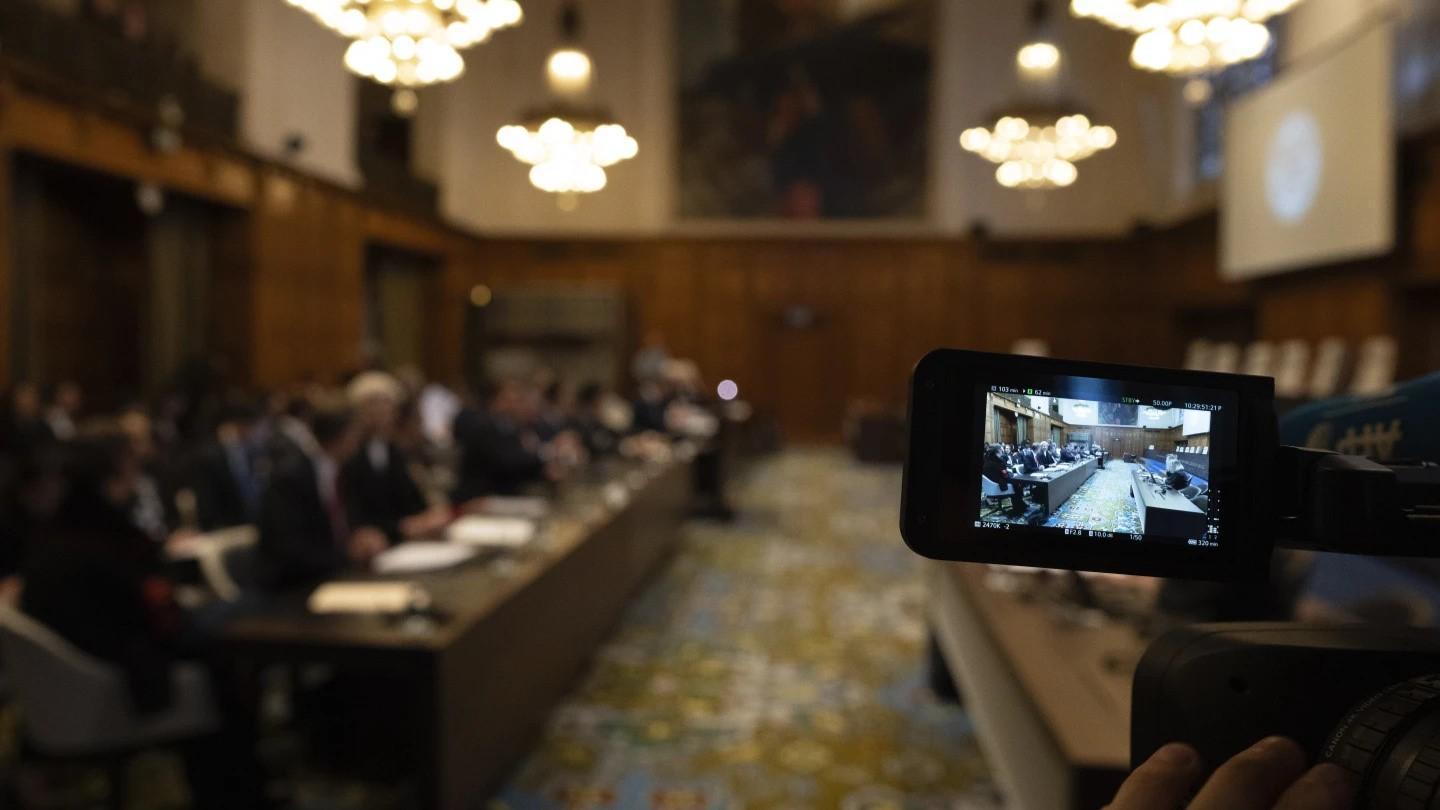So what about al-Assad now?
Turkey and the U.S. have reached an agreement on anti-Islamic State of Iraq and the Levant (ISIL) struggle and are just about to start conducting joint operations against ISIL targets in northern Syria.
The implications of this new pact on ISIL, Syrian Kurds and Turkey-U.S. relations are being discussed overwhelmingly. But what about Bashar al-Assad? Does this recent agreement mean that the U.S. has given up on him and that Turkey and the U.S. have solved their disagreements on this issue?
First of all, Turkey started just recently fighting against ISIL both inside its territories, and also outside, beyond its borders. Therefore, it has adopted the U.S.’ principle of “first deal with ISIL, then with Assad” automatically. This transformation in itself shows that the strategic objectives of the two countries are converging.
And this, in turn, improves their cooperation on the field since it is exactly this issue which had been blocking the negotiations between the two countries.
The fact that Turkey now prioritizes the fight with ISIL, might also open up the country’s dialogue with Russia and Iran who have been the main supporters of the Syrian regime.
Moreover, there are wide expectations that in the aftermath of the nuclear agreement Iran signed with the Western camp, it will cooperate more with the U.S. on regional issues, specifically on Syria. Top officials from both the U.S. and Russia have also voiced this expectation of theirs.
Hence, the international context is more than suitable for such a dialogue.
Yet, while Turkey is pushing off the issue of Assad, the U.S. on the other hand mentions more and more often that a transition to the post-Assad period is necessary in Syria.
One week ago President Obama, in an interview conducted with BBC, said: “The second part of this [Syria policy] is pushing Assad, the Russians, the Iranians into recognizing there has to be a political transition before Syria pulls the entire region into what could be an even longer and more bloody conflict.”
Furthermore Assad’s supporters have also started voicing this. The Times reported that the U.S. and Russia made their first meeting on a “post-Assad period” in mid-May.
Iran also joined the club. Iran’s Deputy Foreign Minister, Hossein Amir Abdul Abdollahian, recently said, “Iran does not insist that Assad remains the life-long president in Syria.” It is worth mentioning that Abdollahian said one year ago that Iran will not allow Assad’s regime to fall.
There are many factors lying behind this recent change. First of all, Assad is getting weaker very fast.
The Institute of War Studies, a research institute based in Washington, had published a report last December stating that Assad’s army dropped by half from 325,000 to 150,000 soldiers.
This is exactly why Assad himself admitted last Sunday in his public speech in Damascus that “in the Syrian army, there is a shortfall in human capacity.” On top of this, half of the country is under the control of ISIL.
Beyond these, it looks like Turkey has asked the U.S. for a commitment on Assad within the context of this deal.
This is clear as crystal in the statements of Secretary of State John Kerry who, one week ago during his speech at the Council on Foreign Relations, said, “We have to change the dynamic in Syria to kill off ISIL. And that’s part of why we have been negotiating with Turkey in these last weeks.”
And then he made a critical remark: “Now we have some shift in what the Turks are prepared to do, and there is also a shift in some of the things that we’re engaged in.”
Yet, this shift should not be evaluated just in light of U.S.’ relations with Turkey.
Don’t forget Obama is under heavy pressure both inside by Republicans and outside by Israel and the Gulf countries. Hence, he is trying to create the perception that he has been able to convince Iran and also Russia, who played a critical role in the nuclear deal, to cooperate.
Yet still, despite all these factors, it would not be realistic to expect neither Assad’s fall nor a concrete step from the U.S. towards this end in the short term.
First and foremost, just as Robert Ford, the U.S.’ former ambassador to Damascus, wrote for the Middle East Institute last month, “the Assad government is weakening, but it isn’t going to disappear.”
Ford explains this as follows: “There is a sharp competition between the armed fractions in Syria, with no one strong enough to vanquish the others.”
Besides, the U.S. has to convince Russia and Iran that they will be able to maintain their strategic interests in Syria in a post-Assad period.
Washington has to reassure Moscow that it will maintain its only military base in the Middle East, namely the Tartus port in Syria, and its arms agreements with the regime. On the other hand, it has to convince Tehran that the arms supply to Hezbollah will go on in the post-Assad period.
In addition, these two countries need to assume that the current course in Syria will make them lose their interests. In other words, the regime needs to be further militarily weakened.
Could Washington do this anytime soon? A former U.S. ambassador to Ankara replied, “I doubt Washington is ready to do that.”
In short, it seems that regional countries being Turkey, Iran and Russia in the first place, and also the U.S., have already started talking about post-Assad. But the time is not ripe yet.











